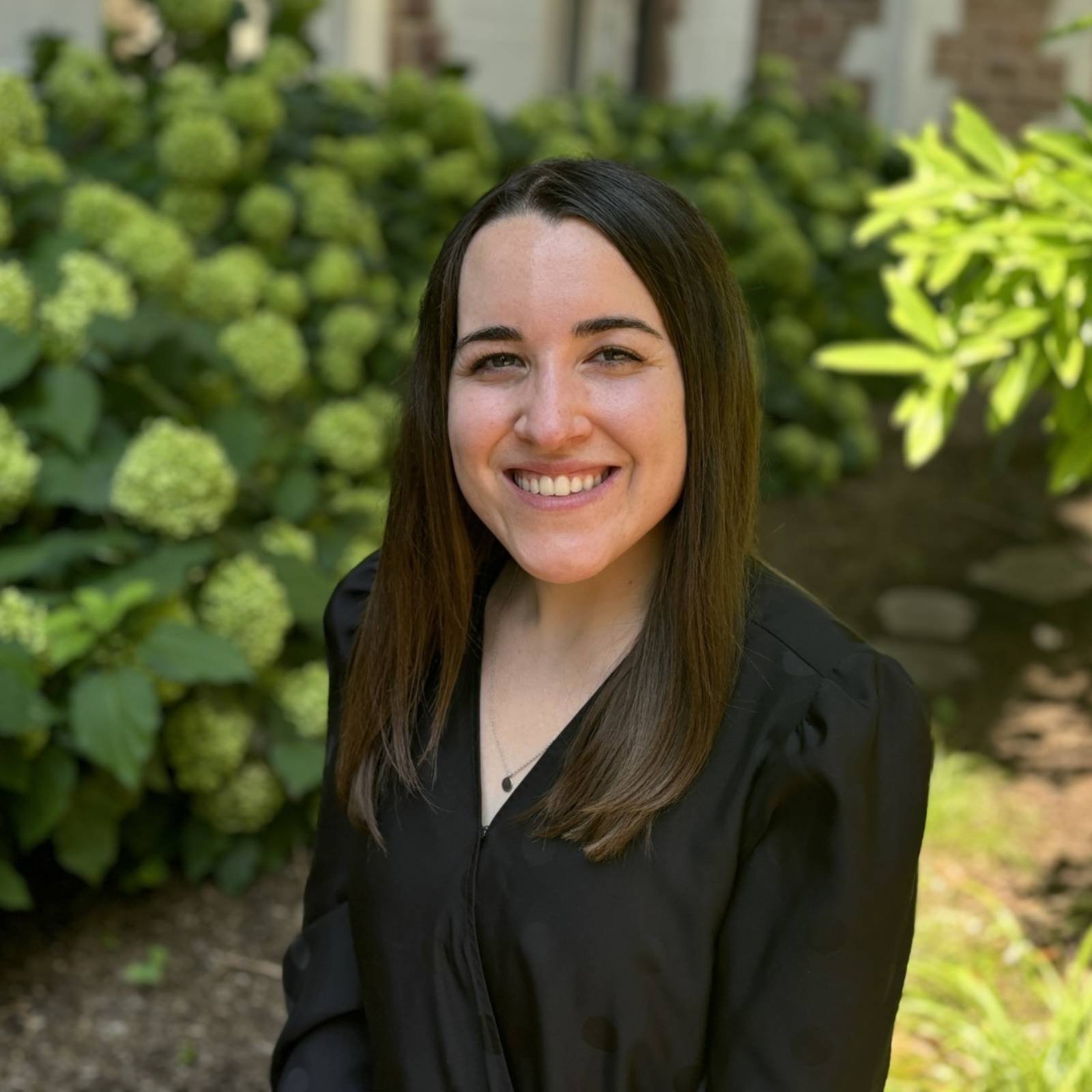Funding Opportunities
Scott and Paul Pearsall Grant
The Scott and Paul Pearsall Grant supports graduate and early career work that seeks to increase the public’s understanding of the psychological pain and stigma experienced by adults living with visible physical disabilities, such as cerebral palsy.
The Scott and Paul Pearsall Grant supports graduate and early career work that seeks to increase the public’s understanding of the psychological pain and stigma experienced by adults living with visible physical disabilities, such as cerebral palsy.
Program Goals:
- Encourage talented students and early career researchers to orient their careers to understanding the psychological effect of stigma on people with visible disabilities.
- Develop strategies to improve the public’s understanding of the psychological pain and stigma felt by individuals with visible physical disability, in order to reduce harmful misconceptions.
- Encourage dissemination of findings to the public, expressly through media.
Eligibility
APF encourages applicants from diverse backgrounds with respect to age, race, color, religion, creed, nationality, ability, sexual orientation, gender, and geography.
Applicants must be a full-time graduate student in good standing at an accredited university or an early career psychologist no more than 10 years post doctoral.
Application Instructions
Application Materials:
- project proposal
- project timeline (not to exceed one page; typically, APF grants are for 1 year)
- detailed budget and justification (not to exceed one page)
- abbreviated CV (not to exceed five pages)
- letter of recommendation from your faculty advisor
Evaluation Criteria
Applications will be evaluated on:
- conformance with stated program goals
- quality of proposed work
Preference will be given to proposals that contain a plan to disseminate findings to the public, especially through media organizations such as the Entertainment Industry Foundation or the Entertainment Industry Council.
For detailed application instructions including formatting and content, please create or log into your GivingData account and review the comprehensive application instructions in the portal. If you still need assistance after reviewing the portal, please contact APF Programs at programs@ampsychfdn.org.
Please be advised that APF does not provide feedback to applicants on their proposals.
Please review our Program FAQs for important details on the application process.

Recent Recipient
Payton Rule
Washington University in St. Louis
“Physical Disability Discrimination and Wellbeing: Investigating Societal-Level Protective Factors”
Past Recipients
2024
Payton Rule, Washington University in St. Louis
“Physical Disability Discrimination and Wellbeing: Investigating Societal-Level Protective Factors”
2023
Jordan Rubin-McGregor, Miami University
“Disability Discrimination, Mental Health, and Disability Identity”
2022
Kevin Summers, University of Denver
“Adults with physical disabilities’ pain & public
misperceptions: Routes to dispel false pain beliefs”
2021
Georgia Tania Karalioliou, The New School
“The lived experiences of young adults with facial differences: A qualitative study”
2020
Kevin Criswell, PhD, Eastern Washington University
“A longitudinal study on loneliness and stigma in university students with chronic health conditions”
2019
Kristin Conover, Alliant University
“Stigma and Health: Women with Physical Disabilities’ Experiences with Medical Providers”
2018
Ellen Barrett, Wright State University
“Breaking Silences Dissemination and Impact Project”
2017
Kimberley R. Monden, PhD, Craig Hospital Foundation
“Stigma Following Spinal Cord Injury and its Impact on Psychosocial Outcomes”
2016
No Grant Awarded
2015
Margaret Cadden, Pennsylvania State University
“Judgement Hurts: The Physical and Psychological Consequences of Experiencing Stigma in MS”
2014
Lauren Khazem, University of Southern Mississippi
“The Influence of Physical Disability-Related Stigma on Suicidal Desire”
Jessica Esposito, Columbia University
“Disability and Multiple Sclerosis: Stigma, Outness, and Links with Psychological Well-Being”
2013
Goldie VanHeel, Alliant International University
Melody Schaff, Alliant International University
“How Women with Visible and Invisible Disabilities Manage Microaggressions, Stigma, and Multiple Identities.”
